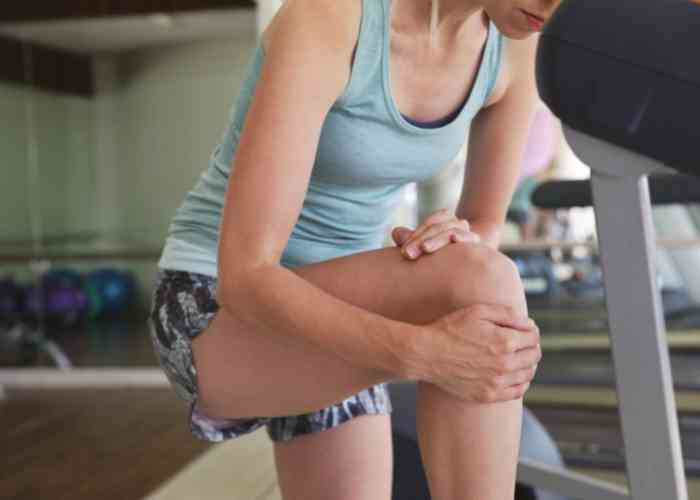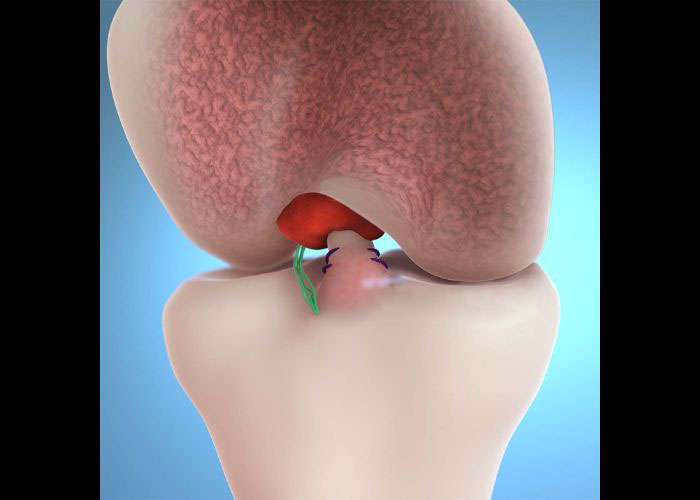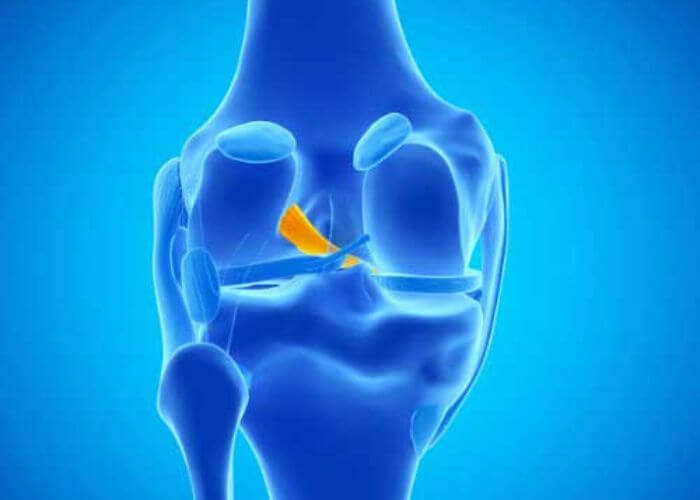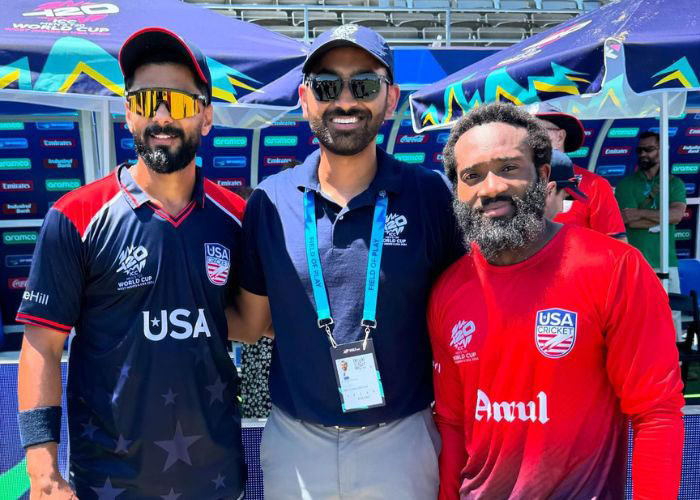What is a sports hernia?
A sports hernia, also known as athletic pubalgia or core muscle injury, is an injury to the soft tissue structures of the lower abdomen or groin region. The inguinal (groin) region of the body connects the lower abdomen to the thigh and serves as a passageway for the rectus abdominis (the “abs”), internal and external obliques, and hip adductor muscles attached at the pubic crest. High-intensity sports, such as football, ice hockey, lacrosse, and soccer, that require sudden direction changes or violent twisting on a planted foot can produce a tear in any one of these muscles or tendons. A sports hernia most often involves the oblique muscles, followed by the tendons connecting the oblique muscles to the pubic bone, and lastly the adductor tendons. As the name suggests, athletes have the highest risk of experiencing athletic pubalgia; however, non-athletic individuals can also experience a core muscle injury at any point in life. Dr. Ronak Mukesh Patel, orthopedic hip specialist serving patients in Sugar Land, Pearland, and the Houston, Texas area, has the knowledge and understanding as well as substantial experience in treating patients who have experienced a sports hernia.
What are the symptoms of a sports hernia or core muscle injury?
The most common complaint of athletic pubalgia is severe groin pain following an injury. However, while some individuals may report an immediate sharp and shooting pain, others may describe a dull ache that progressively worsens over time. Some other common symptoms of a sports hernia can include:
- Pain that improves with rest
- A visible or palpable bulge in the groin area can occasionally occur
- Pain that worsens with physical activities, particularly twisting movements
- Performing activities of daily living can become debilitating if left untreated
How is a sports hernia diagnosed?
Dr. Patel will gather a comprehensive medical history with a focus on sports-related injuries and any prior hip conditions. A thorough physical examination will follow evaluating the groin region for pain, tenderness, and any palpable deformities. Dr. Patel will have the patient perform a sit-up against resistance because any noticeable pain with this test correlates to a sports hernia. Diagnostic imaging studies, such as x-rays and magnetic resonance imaging (MRI), can be useful for assessing the bones and soft tissue structures for any damage not associated with a core muscle injury.
Are there other hip injuries that can occur with a sports hernia?
Yes. Recent scientific literature suggests there is an association between sports hernias (core muscle injury) and femoroacetabular impingement (FAI) of the hip. Patients can also have associated labral tears of the hip. Dr. Patel will evaluate this with a thorough history and physical examination. Advanced imaging such as an MRI or computed tomography (CT) scan may also be needed.
What is the treatment for a sports hernia?
Non-surgical treatment:
The initial treatment protocol for a core muscle injury involves non-surgical therapies. Rest, ice, and compression are recommended for the first 7 to 10 days after injury. The pain and inflammation can be managed with non-steroidal anti-inflammatory medications (NSAIDs) or, if necessary, corticosteroid injections. A physical therapy program focused on strengthening and improving the abdominal and/or inner thigh muscles is highly encouraged. This program should begin approximately 2 weeks after the injury and continue for 4 to 6 weeks.
Surgical treatment:
Dr. Patel may recommend surgical intervention for patients who did not respond well to non-surgical therapies or experienced a recurrence of pain upon returning to sports-related activities. The treatment for this injury is complex and may require consultation with a general or plastic surgeon to co-manage the injury.
Sports Hernia Specialist

Do you participate in high-intensity sports, such as football, ice hockey, lacrosse, and soccer, that require sudden direction changes or violent twisting on a planted foot? If so, you are at risk of sustaining a muscle core injury known as athletic pubalgia, or a sports hernia. A sports hernia most often involves the oblique muscles in the hip/pelvis. Sports hernia specialist, Doctor Ronak Mukesh Patel, provides diagnosis as well as surgical and nonsurgical treatment options for patients in Houston, Sugar Land, and Pearland, TX who have suffered a sports hernia or athletic pubalgia. Contact Dr. Patel’s team today!








